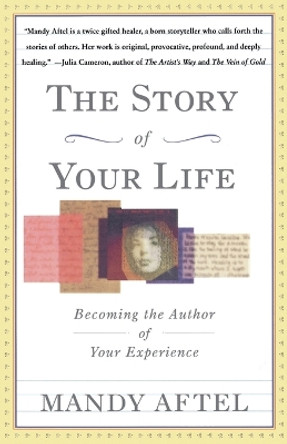Description
Taking up the challenge of understanding power in its complexity, this volume returns to and revitalises the concept of 'authority'. It provides a powerful analysis of the ways that relationships of trust, attachment, governance and inequality become possible when subjectivities and bodies are invested in the life of power. The collection offers a vibrant new analysis of the biopolitical, arguing that 'experience of life' has become equated with 'objectivity' in contemporary culture and has thus become a primary basis of authority. 'Biopolitical' or 'experiential' authority can be generated through reference to a variety of experiences, performances or intensities of life including creativity, radicalism, risk-taking, experimentation, inter-relation, suffering and proximity to death. The authority-producing capacities of community and aesthetics are key issues, pointing to vexed relationships between politics and policing, inventiveness and violence.
The contributors develop their theoretical analyses through discussion of a range of specific sites including mental-health service user and survivor politics, biological knowledge, refugee activism, stories of suffering, urban art, anarchism, neo-liberal community politics and marketization. Authority, Experience & the Life of Power challenges thinking on what 'the political' is and isn't, pushing against the all too easy equivocation of revolutionary break and empowerment.
This book was published as a special issue of the Journal of Political Power.
About the Author
Claire Blencowe is Assistant Professor of Sociology at the University of Warwick. Her book Biopolitical Experience: Foucault, Power & Positive Critique was published with Palgrave in 2012. Julian Brigstocke is a Lecturer in Human Geography at Plymouth University. His book The Life of the City: Space, Humour and the Experience of Truth in Fin-de-siecle Montmartre was published with Ashgate in 2014. Leila Dawney is a Senior Lecturer in the School of Environment and Technology at the University of Brighton. Her research interests include geographies of affect and embodied practice, performance and landscape, Spinoza and new materialist theory, and the relationship between authority and community.
Reviews
In the literature on power there has been a tendency to interpret power as domination, thus the opposite of authority. In this important collection of articles the authors challenge this viewpoint, arguing that power and authority structure everyday life in a mutually constitutive manner. Power and authority become an ontological category, which defines our being-in-the-social-world. As such, this collection makes a significant contribution to contemporary debates in social theory. - Mark Haugaard, Professor of Politics and Sociology, National University of Ireland.
To understand power you must also grasp the problematic and productive dimensions of authority. Seeing authority as both cultural imperatives people are called upon to obey or resist, and as a set of passive syntheses through which our modes of perception and prejudgment are organized, the authors in this volume call on us to work upon those aspects that have been most ignored in the literature and politics of authority. A rich and provocative set of essays. - William E. Connolly, Krieger-Eisenhower Professor of Political Science, Johns Hopkins University
An original and inspiring set of reflections that raises important questions and opens up debates on 'positive power', authority, and community. - Kate Nash, Professor of Sociology, Goldsmiths, University of London.
Book Information
ISBN 9781138379466
Author Claire Blencowe
Format Paperback
Page Count 150
Imprint Routledge
Publisher Taylor & Francis Ltd
Weight(grams) 300g







